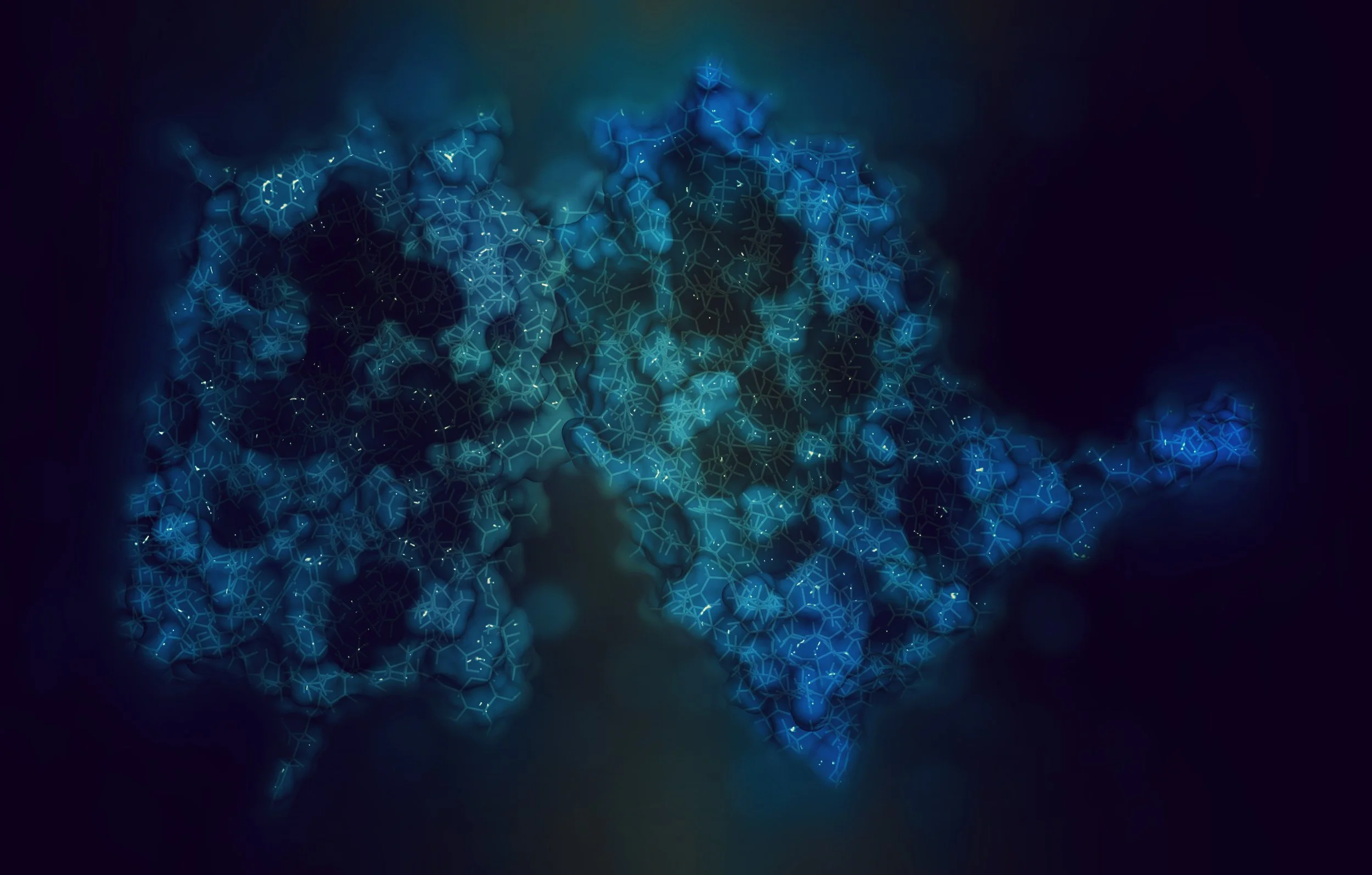IGF-1 LR3 Peptide Therapy
IGF-1 LR3 (Long R3 Insulin-like Growth Factor-1) is a synthetic, modified version of natural IGF-1, a growth factor involved in muscle development, cell repair, and regeneration. By extending its half-life and increasing its potency, IGF-1 LR3 has become one of the most studied peptides for muscle growth, fat loss, and recovery support. At The Catalyst Clinic, we provide expert consultations and personalised peptide therapy protocols that may include IGF-1 LR3.
What is IGF-1 LR3?
IGF-1 LR3 is a modified peptide with two important changes:
Arginine substitution at position 3, increasing potency.
13 amino acid extension at the N-terminal, lengthening its half-life to around 20–30 hours (compared to natural IGF-1’s short lifespan).
These modifications make IGF-1 LR3 more active in the body, allowing for greater and longer-lasting effects.
Benefits of IGF-1 LR3
Research and anecdotal evidence suggest IGF-1 LR3 may support:
- • Muscle growth and repair – stimulates protein synthesis and reduces muscle breakdown
- • Fat metabolism – increases metabolic rate and promotes fat burning
- • Improved recovery – supports tissue healing after training or injury
- • Bone health – encourages bone density and skeletal strength
- • Cognitive function – early research links IGF-1 to brain and nervous system health
- • Wound healing – potential role in faster recovery from cuts or injuries
How IGF-1 LR3 Works
IGF-1 LR3 acts by binding to the IGF-1 receptor, triggering a cascade of signals that:
- • Stimulate muscle cell growth and regeneration
- • Promote protein synthesis (muscle building)
- • Inhibit protein breakdown (muscle preservation)
- • Improve cellular repair across multiple tissues
Unlike natural IGF-1, IGF-1 LR3 has low affinity for IGF binding proteins, meaning it remains more active and available in the body.
Potential Therapeutic Applications
Although research is ongoing, IGF-1 LR3 has been explored for:
- • Sports recovery – accelerating repair and growth after training
- • Muscle wasting conditions – supporting those with sarcopenia or chronic illness-related muscle loss
- • Bone density and fracture healing
- • Neurological and cognitive health – early studies suggest IGF-1 plays a role in brain function
Note: IGF-1 LR3 is considered investigational and is tightly regulated. It is not currently licensed as a medical treatment.
Safety and Side Effects
IGF-1 LR3 may cause side effects, particularly at higher doses or without supervision:
- • Hypoglycaemia (low blood sugar)
- • Joint pain or stiffness
- • Potential increased cancer risk (due to growth-promoting effects)
- • Localised injection site reactions
At The Catalyst Clinic, safety is paramount. All peptide therapy is carefully prescribed and monitored under medical supervision.
Treatment Process at The Catalyst Clinic
Consultation
We assess your health, goals, and suitability for IGF-1 LR3.
Tailored Plan
If appropriate, a personalised peptide protocol is created.
Ongoing Support
Continuous monitoring and adjustments to ensure safe, effective outcomes.
Our clinics in London, New York, and Zurich provide access to advanced peptide therapy under expert medical care.
FAQs
-
It is primarily studied for muscle growth, fat metabolism, tissue repair, and recovery.
-
No. IGF-1 LR3 is a modified version with a much longer half-life and greater potency.
-
It can be effective but carries risks including hypoglycaemia and potential links to cancer. This is why it must only be considered under strict medical supervision.
-
Yes. The Catalyst Clinic offers consultations and supervised peptide therapy including IGF-1 LR3 at our London clinic.

Book a Consultation
Interested in IGF-1 LR3 peptide therapy?
Contact The Catalyst Clinic in London, New York, or Amsterdam today to book your consultation.


